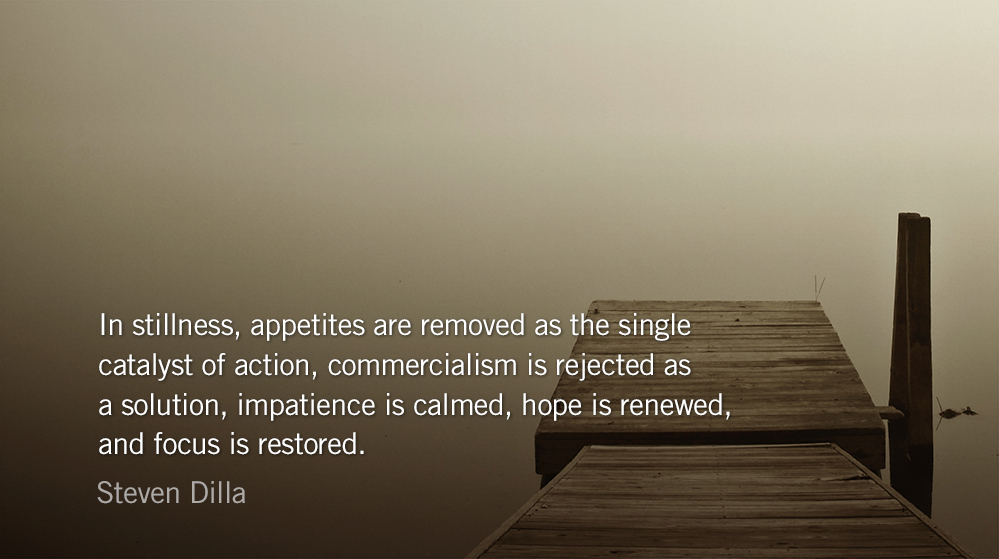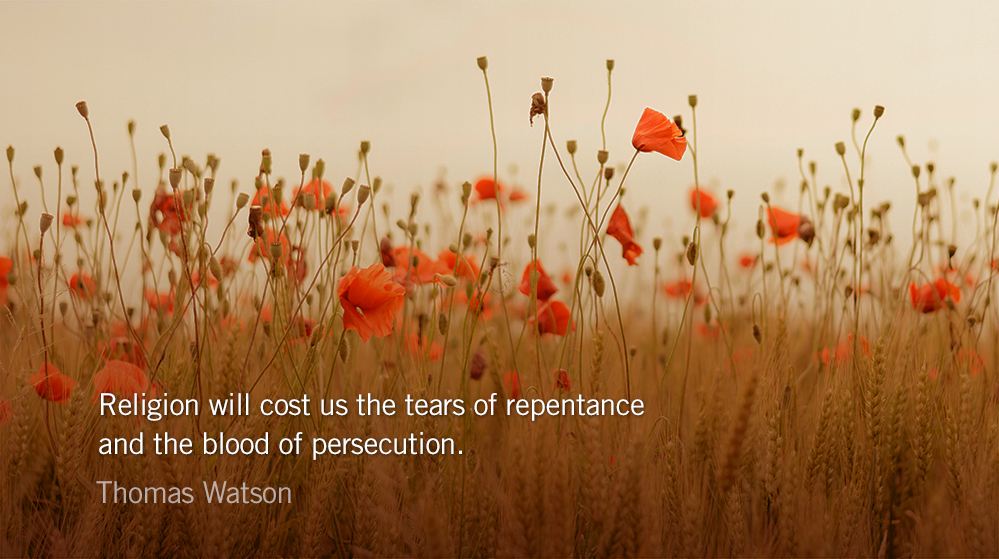Eternity will not ask about what worldly goods remain behind you, but about what riches you have gathered in heaven.
―Søren Kierkegaard
Scripture: Psalm 49.12, 17
Man in his pomp will not remain; he is like the beasts that perish…. For when he dies he will carry nothing away; his glory will not go down after him.
Reflection: With Eternity in Mind
By Søren Kierkegaard
In eternity you will not be asked how large a fortune you are leaving behind–the survivors ask about that. Nor will you be asked about how many battles you won, about how sagacious you were, how powerful your influence that, after all, becomes your reputation for posterity.
It will ask you about how often you have conquered your own thought, about what control you have exercised over yourself or whether you have been a slave, about how often you have mastered yourself in self-denial or whether you have never done so, about how often you in self-denial have been willing to make a sacrifice for a good cause or whether you were never willing, about how often you in self-denial have forgiven your enemy, whether seven times or seventy times seven times.
It will ask about how often you in self-denial endured insults patiently, about what you have suffered, not for your own sake or for your own selfish interests’ sake, but what you in self-denial have suffered for God’s sake. Yes, in eternity you will indeed be asked what you left behind.
In every human being there is an inclination either to want to be proud when it comes to works or, when faith and grace are emphasized, to want to be free from works as far as possible. Christianity’s requirement is that your life should express works as strenuously as possible.
Then one thing more is required—that you humble yourself and confess: I am saved nevertheless by grace. Luther wished to take meritoriousness away from works. In typical fashion, we have not only taken meritoriousness away, but also the works.
Have you lived in such a way that truth was in you, that there was something higher for which you actually suffered? Or has your life revolved around profitable returns? The fact that you got along well only makes matters worse.
Becoming nothing in this world is the condition for becoming something in the other world. One has at most seventy years for enjoyment—but an eternity for remembering. And pleasure does not show up at all well in memory.
*Abridged from Søren Kierkegaard’s writings on faith. For more see Provocations.
Prayer: The Greeting
Hosanna, LORD, hosanna!… Blessed is he who comes in the name of the Lord; we bless you from the house of the Lord. —Psalm 118.25–26
– From The Divine Hours: Prayers for Springtime by Phyllis Tickle.
Full prayer available online and in print.
Today’s Readings
Numbers 12-13 (Listen – 5:53)
Psalm 49 (Listen – 2:10)
This Weekend’s Readings
Numbers 14 (Listen – 6:15) Psalm 50 (Listen – 2:26)
Numbers 15 (Listen – 5:09) Psalm 51 (Listen – 2:19)











